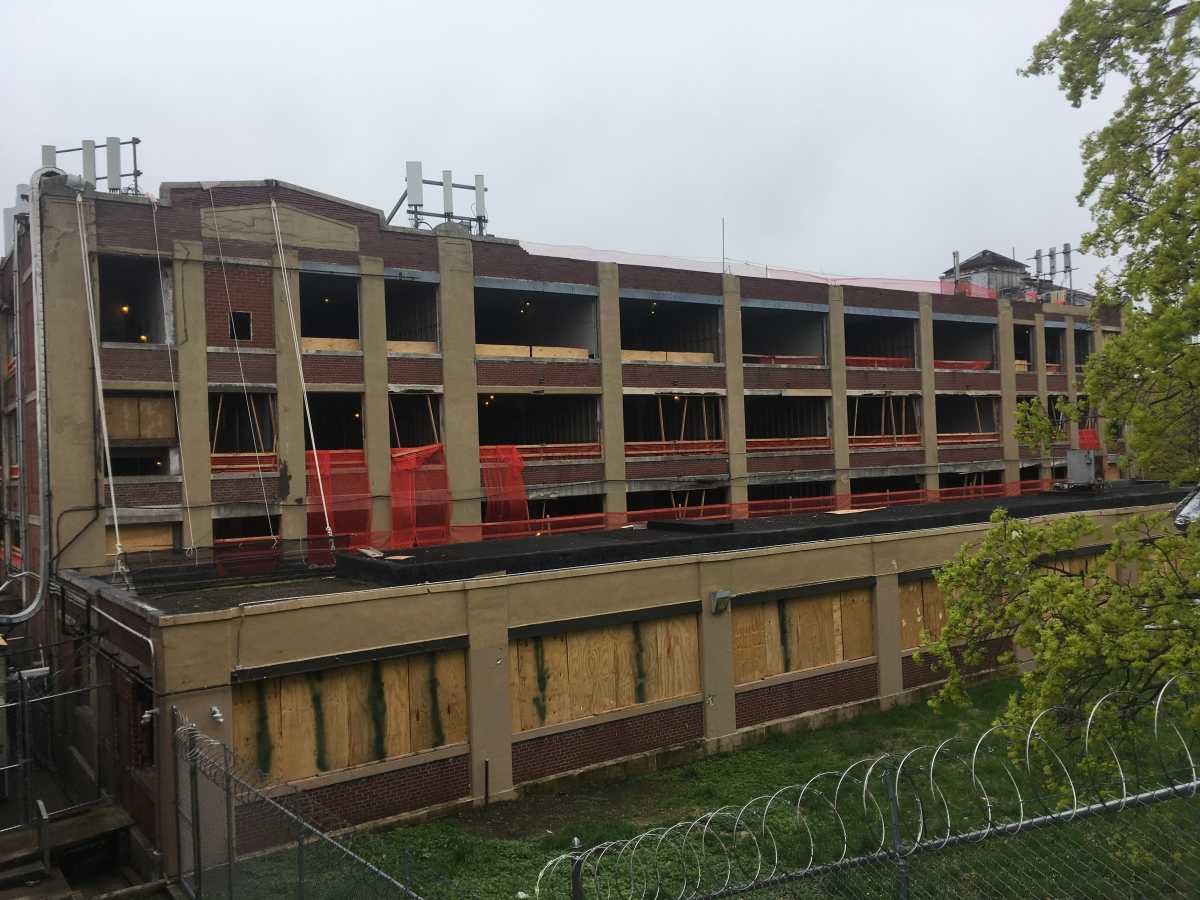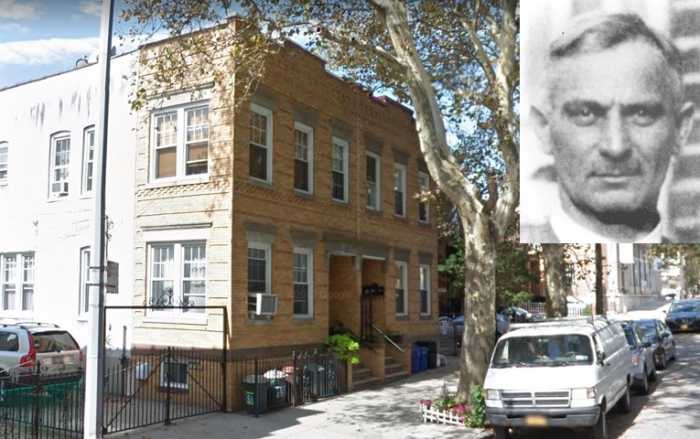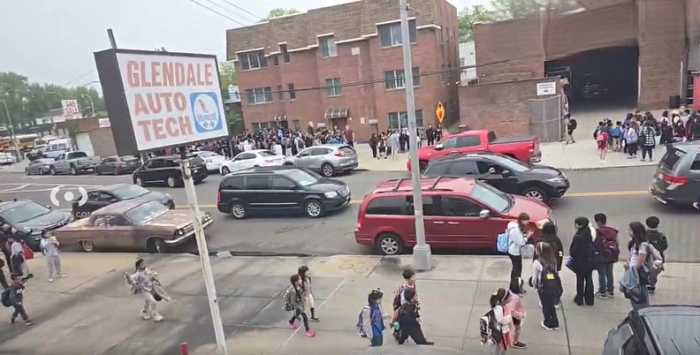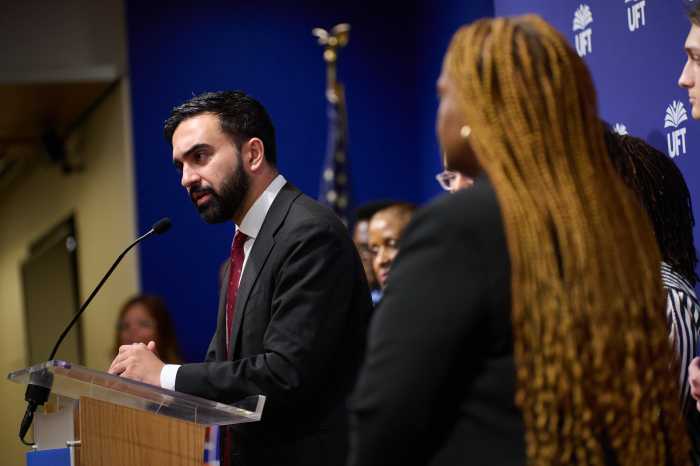All eyes in southwest Queens during 2020 will be on the city and how it moves forward with its plans for a homeless shelter in Glendale and how far City Councilman Robert Holden and his constituents are willing to go to stop the proposal in its tracks.
The city’s Department of Homeless Services will submit its five-year $61.8 million contract with the service provider Westhab to the city Comptroller’s office for a standard review to build a shelter for 200 homeless men in a former factory at 78-16 Cooper Avenue.
The communities of southwest Queens first rose up against the proposal back when it was first proposed in 2013 and Holden has said he was lied to by the DHS when they told him more than a year ago they were no longer considering the site as a homeless shelter. Holden spent the past year in talks with several city agencies including the School Construction Authority in the hopes of building a new school for students with special needs at the site and to find an alternative location in his district for the shelter.
DHS revisited their plan for a homeless shelter on the site and once again the communities mobilized. In April the Glendale Middle Village Coalition filled two buses with protesters and traveled to Jericho, Long Island to rally outside the home and synagogue of factory owner Michael Wilner.
Mike Papa, a lead organizer for the rally, addressed the protestors’ source of fear, that the shelter would house “200 single males” who were “coming right out of Rikers Island” and would include “sexual offenders.”
The rhetoric worsened in October at a Community Board 5 meeting in October where a woman declared “I hope somebody’s gonna burn that place down,” to cheers from the overcrowded auditorium at Christ the King High School. Raquel Namuche, an organizer with the Ridgewood Tenants Union appealed to the crowd to push for more affordable housing. She was shouted down so vociferously that her mother moved in to protect her from the crowd.
In early November, hundreds of protesters filled both sides of Cooper Avenue at the underpass between 74th and 79th Streets holding signs saying “Stop shelter industrialists” and Guardian Angels founder and conservative talk show host Curtis Sliwa charged that Mayor Bill de Blasio was acting out of contempt and disdain for the residents of Maspeth, Glendale and Middle Villages. Sliwa had joined several of the rallies that opposed the city’s plan to convert the Maspeth Holiday Inn Express into a shelter for homeless men in 2016, in a series of events that propelled Holden to an upset of then-City Councilwoman Elizabeth Crowley in 2017.
The following week, Holden and his constituents attended a public hearing the city held over the proposal. Addressing representatives from the DHS and the mayor’s office, Holden argued that the project should not go forward because of its proximity to schools and nearby sports complexes and what he claimed to be procedural missteps in its rollout.
He continued to claim that he had made proposals for alternative locations for shelters that DHS Commissioner Steven Banks liked, even though the agency confirmed to QNS that it found all of his proposals unviable. Holden finished by saying that he called for a city investigation into the contract procurement and asked that the project be delayed until that investigation is complete.
Dotty Wenzel, a Glendale resident since 1978, described her neighborhood as a secluded little community as part of her argument that the shelter would turn the fabric of the community into a “nightmare.”
Wenzel’s testimony served as a reminder that Glendale’s secluded quality is not an accident, but a result of zoning and direct action from residents.
For nearly a decade before the shelter project was first proposed, residents have been fighting against big buildings and large influxes of new residents. The disruption of this idea of Glendale as a neighborhood, a characteristic that residents have defended for years, has scared them.
“I literally have nightmares once a week crying in my sleep because of what’s going to happen in my neighborhood,” Diana Shanley testified.
DHS will consider their arguments before making their final decision. Paul Romain, the Human Resources Administration’s Chief Contracting Officer who listened to the arguments, said that he couldn’t say what the next step of the process will involve.







































